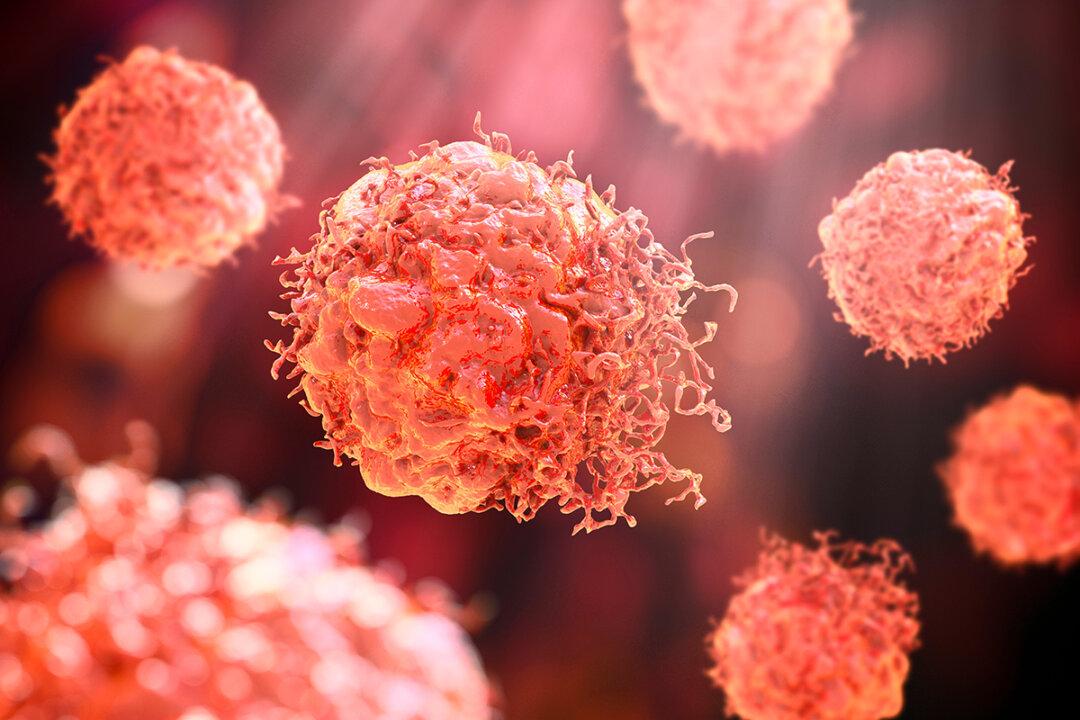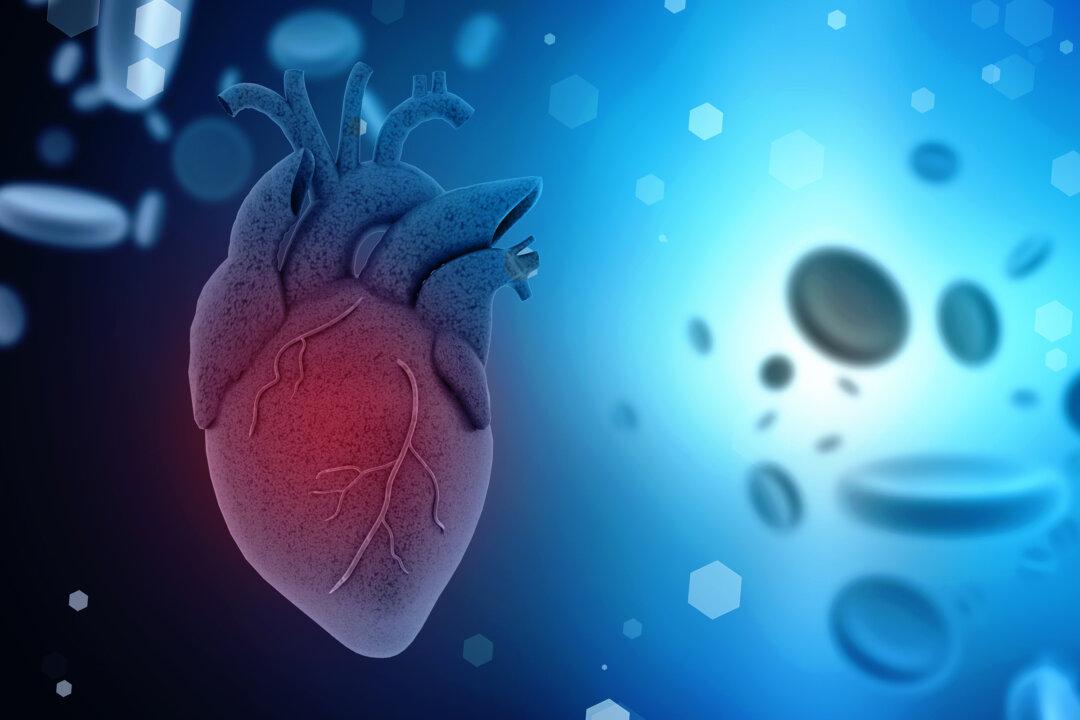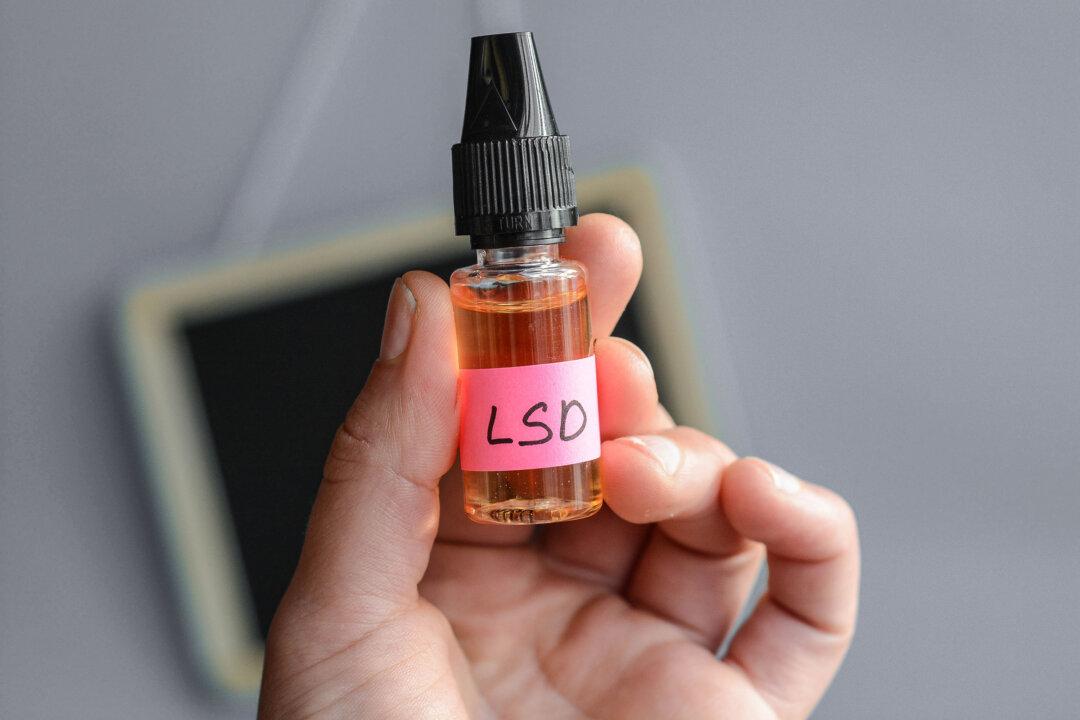Experts are seeing a puzzling rise in cancer in people younger than 50 that appears biologically different from late-onset cancers. While some claim that cancer rates have been rising for decades and attribute the increase to sugary drinks, lifestyle, and sleep disruptions, others say mRNA COVID-19 vaccines have caused an emergence of “turbo cancers.”
Although there’s no official medical definition for what doctors are calling “turbo cancers,” the term is commonly used to define aggressive, rapid-onset cancers resistant to treatment—primarily in young, healthy individuals following COVID-19 vaccination. These cases often present in a late stage with metastasis and quickly turn fatal.






